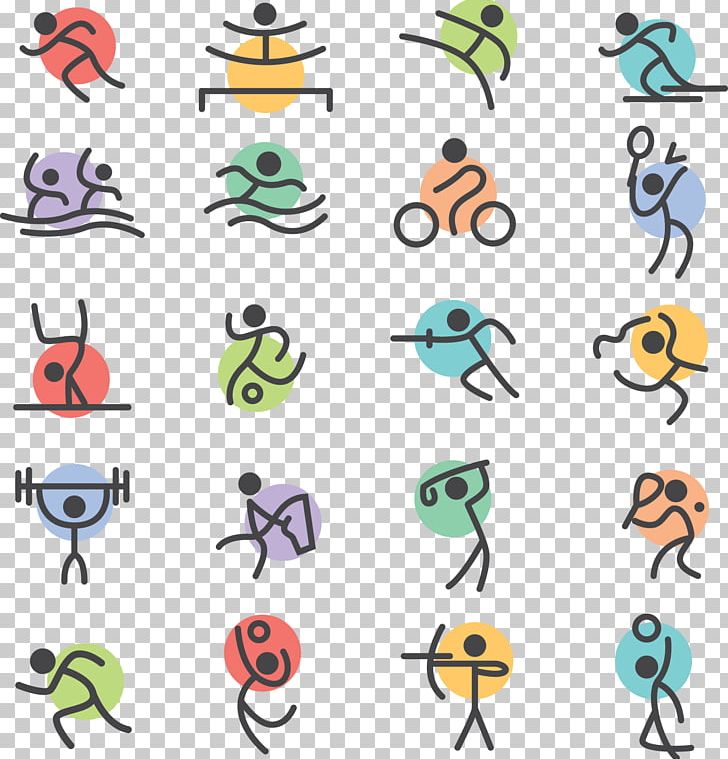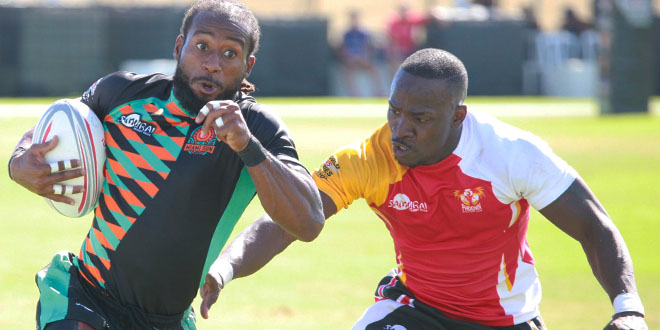
Traditionally, the pre-season is seen as a time when rugby players can make big gains in their fitness. Amateur players have a pre-season of 12-14 weeks. Professional players may need to wait longer.
The speed and explosiveness of rugby players are important, in addition to building strength and muscle mass. Rugby has changed significantly over the years and players need to be strong enough to meet the physical demands of this game. Players must be able sprint to change direction. Players must also be able perform various physical skills such as multi-directional running and collisions.
This is something players must learn during the preseason. But speed is the most important skill. This is because rugby players must have the ability to sprint and change directions at a rapid pace. Rugby players are able to move efficiently and quickly in order to gain ground on the field.
The pre-season is also an ideal time to focus on hypertrophy, which means developing more muscle mass. This helps players avoid injury. The goal is to maintain a solid physical base before the start of the season, which will help them perform at their best each and every game.

Strength training is necessary for all rugby players. Typically, strength training is done by lifting weights or performing explosive exercises, such as plyometrics. These activities aim to build explosive force, which leads to greater power.
FAQ
How long does it take to learn how to ski or snowboard?
You might not be ready to learn how snowboarding is done right away.
The average person begins learning around five years of age. Some children practice even as young as two years.
Do extreme sports require expensive equipment?
Yes. Extreme sports equipment can cost thousands of dollars. Participants in extreme sports don't necessarily need to have a lot of cash.
What are the health benefits of extreme sport?
Exercising in extreme sports has many health benefits. Here are just a few:
-
Exercise can help you stay healthy. Exercise helps you lose calories. Exercise can also help you lose weight. So you look better.
-
Extreme sports are great for self-confidence. Many people find that they feel good about themselves after they participate in an extreme sport.
-
Extreme sports are great fun. You can't beat the feeling of being free and having lots to do.
-
Extreme sports are adventure. What could be better than experiencing something new? You never know what you will experience.
-
Extreme sports offer safety. No matter what sport you choose, your safety will never be compromised.
-
Extreme sports can be dangerous. Extreme sports can be dangerous, but most extreme ones are safe if they're done correctly.
-
Extreme sports are great for relaxation. It is important to find something you enjoy doing to relax.
-
Extreme sports build character. Extreme sport helps you to develop character and courage. These qualities are essential to everyday life.
-
Extreme sports can help you to become more powerful. Most extreme sports require physical activity. This will give you endurance and strength.
-
Extreme sports promote fitness. Fitness is important for everyone. It enhances your quality life.
-
Extreme Sports make for a great recreation option. You can spend quality time with family and friends by participating in extreme sports.
Statistics
- Since 1998, overall participation has grown nearly 25% - from 5.2 million in 1998 to 6.5 million in 2004. (momsteam.com)
- Based on the degree of difficulty, the routine is scored on form and technique (50 percent), takeoff and height (20 percent), and landing (30 percent). (britannica.com)
- Nearly 30% of all boardsailors live in the South, and more than 55% of all boardsailors live in cities with a population of more than two million people (momsteam.com)
- Nearly 40% of all mountain bikers have at least graduated from college. (momsteam.com)
- Boxing— 90% of boxers suffer brain damage over their careers, and this is not surprising in the least, considering that they are throwing punches at each other's heads. (rosenfeldinjurylawyers.com)
External Links
How To
How do I learn how to skateboard?
Skating is a sport in which you use your feet for movement on ice and snow. You can do this either by yourself or with friends. This is one of those sports that requires coordination and balance. First, learn how you can stand on the platform. Practice balance and moving forward and backward. Finally, try jumping off ramps or stairs. These skills will allow you to skate faster and further than ever before.
These are some tips for getting started in skating
-
Make sure you know what type and brand of skates your are interested in buying. There are many types of skates: inline skates and roller blades; speed skates; figure skates; etc. You should choose the right type of skates based on your level. If you're new to skating, the best options are inline skates, speed skates, and roller blades. Figure skaters prefer boots that offer support throughout their performances.
-
Buy proper equipment. Your choice of gear will depend on whether you intend to compete in events or simply enjoy skating around the park. If you plan to compete, make sure you choose skates that fit well, offer excellent stability, and are made of durable materials.
-
Learn new skills. When learning any skill, practice makes perfect. Do not wait until you have mastered a skill to practice it. Instead, try simple moves like walking backward, sliding sideways and spinning. This way you won't feel intimidated by trying difficult maneuvers later.
-
Continue to learn. You won't be able to master your craft overnight. The best skaters spend years learning their craft. And they never stop improving. Keep in mind that there are many techniques you can use to improve. For example, you could take lessons at a local rink, join a recreational league, watch videos online or attend workshops.
-
Be patient. If you're still having trouble mastering a tricky maneuver, don't worry. Just keep practicing. You will eventually be able to do more advanced stunts.
-
Have fun. Skating is a great sport because it requires no special training and doesn't cost a lot. It's also great fun!